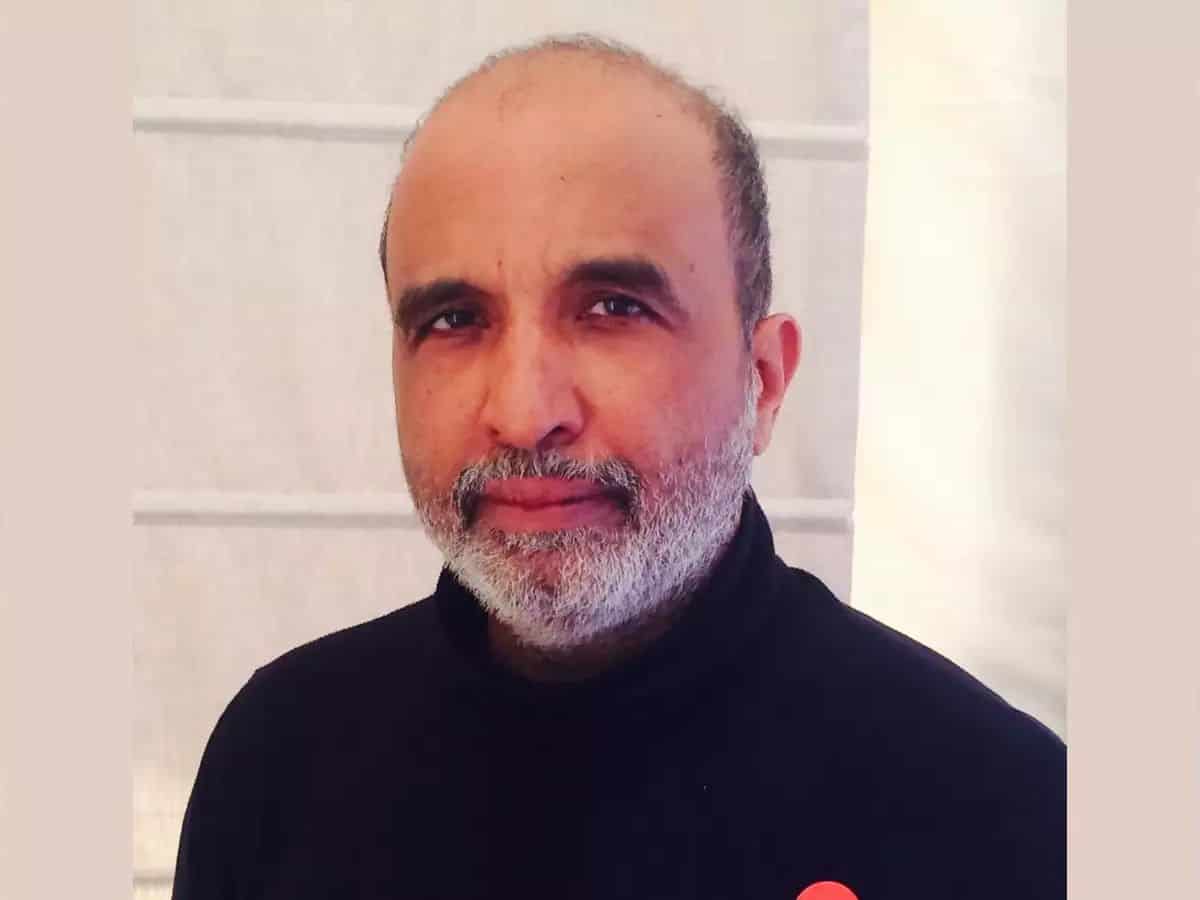
Former Congress leader and party spokesperson Sanjay Jha, on Saturday, April 27, posted on X “11 reasons” why the opposition INDIA bloc may win the 2024 Lok Sabha elections.
He claimed that this election was a repeat of the general elections contested in 2004, wherein the Congress party returned to power at the Centre after ousting the Bharatiya Janata Party (BJP) following its eight-year rule.
According to Mint, Sanjay Jha also predicted that the BJP may win 210–215 Lok Sabha seats of the total 543 seats, adding that the BJP “could even come below 200.”
“Uttar Pradesh could deliver a knockout blow. Across India, change seems to be the keyword. Barring an unforeseen black swan moment, the momentum shift indicates rising support for the INDIA bloc. We are seeing a repeat of 2004,” Mint stated, quoting Jha.
On the contrary, PM Modi-led BJP radiated confidence that they would have a ‘historic’ triumph in the 2024 Lok Sabha elections and secure over ‘400 seats’ for the National Democratic Alliance (NDA). The party even coined the “Abki baar 400 par (this time, over 400)” slogan to display their confidence for the win.
Why would INDIA bloc win?
The Congress leader shared several key points after the second phase of the 2024 Lok Sabha elections to ascertain why he believes the INDIA bloc could come to power this time.
He first explained how the voters were “fed up of lies, spin doctoring, and subpar propaganda” and how they “trust no one.” But after ruling for over 10 years, “the trust deficit with the BJP is the highest,” Jha said.
He said that there was a “huge fatigue factor with Prime Minister Narendra Modi.”
“The standard accusation of dynasty, appeasement, and corruption tag is not working at all, as people see the same in the BJP and probably worse. Strange as it may sound, he is both the BJP’s asset and a liability,” he said.
Jha emphasised how “Modi has damaged his credibility” by “anti-muslim/minorities” rhetoric, “arrogance of power led to Modi,” his “strategic blunder in throttling Congress bank accounts, arresting (sitting Delhi Chief Minister) Arvind Kejriwal, and threatening the opposition,” and the BJP “not talking about the first-time voters” and not taking the GenZ voters seriously.
‘BJP’s vote share will decline’
He further highlighted how the “floating voter,” which determines elections everywhere, expected “governance, development, jobs, and a democratic syncretic society,” but now “is leaving the BJP on account of feeling betrayed.”
“The floating voter determines elections everywhere, but in India, that is the biggest chunk at around 50–60%, unlike in the US and UK, where the voting patterns are more predictable. Both the BJP and Congress stabilise at around a core vote bank of 20% each,” Jha said in his post.
The departure of the floating voter “explains the big dips in voting in BJP seats in the first two phases. BJP’s vote share should dip significantly, although it may be compensated by gains elsewhere or get more concentrated in safe seats that assure victory,” he said.
‘Momentum factor’
Juxtaposing politics with sports, Jha said that both are influenced by momentum. “You win; you keep winning. But the spell does not last forever because once it reverses, it goes the other way,” he explained.
“The duration of the spell is a function of resilience, quality of competition, and often luck,” he said, claiming that “Congress and INDIA bloc have a perceptible tailwind, a visible momentum.”
He further noted that “the BJP could soon have to adopt a stop-loss strategy; further phases could spell more bad news, as it usually gets progressively worse. But Modi may have already played his last card of polarisation.”



